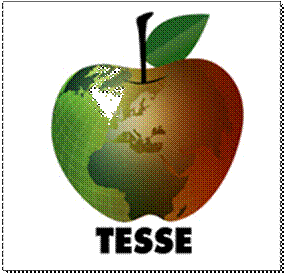The Coal and Energy Unit

A six-day unit for middle school and high school students, developed by the 2008-2009 TESSE graduate student fellows.

A six-day unit for middle school and high school students, developed by the 2008-2009 TESSE graduate student fellows.
Copyright © | Legal Statement | Sitemap | Contact PAESTA
 PAESTA is funded by the National Science Foundation:
PAESTA is funded by the National Science Foundation:
Award # DUE-0962792 & Award # GEO-0631377
